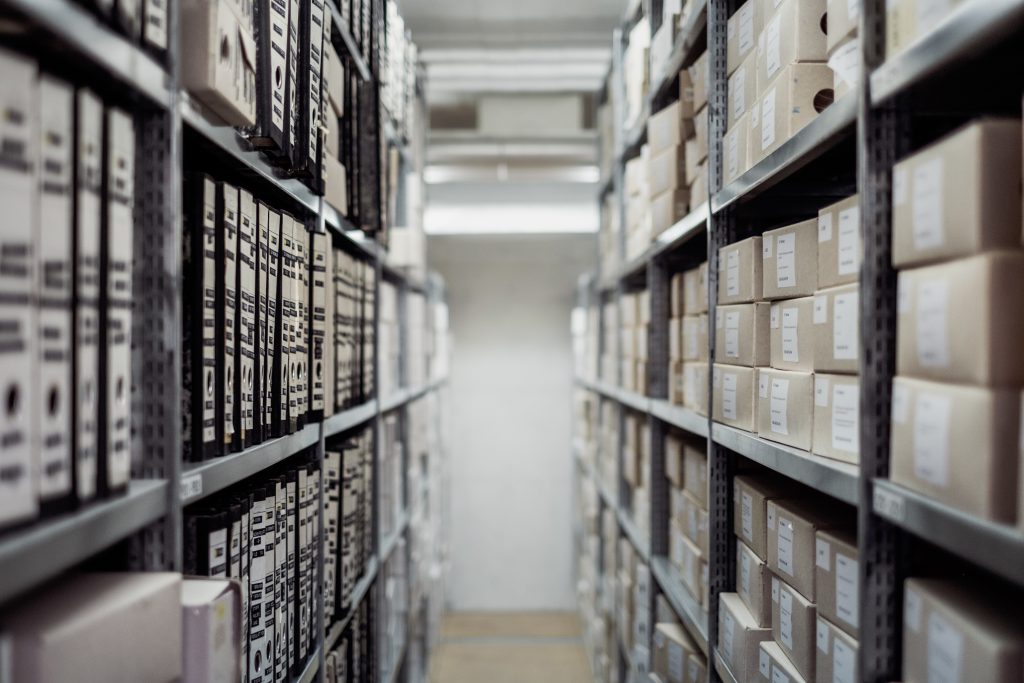There’s a new buzzword making its presence known across articles, the internet and the media: the “Internet of Things”. This isn’t a new idea or new phrase, but it is popping up everywhere more frequently. So what is the Internet of Things and how does it affect the way people are running their business and interacting with their ERP systems.
What is the Internet of Things?
The phrase isn’t very descriptive in itself. The word “things” could refer to a million different objects or ideas. To break it down easily, however, the internet of things refers to technologies interacting with each other. We see this every day without really noticing it.
For example, Samsung recently announced a new “smart fridge” that they will be releasing in April. The fridge can basically act like a smart phone, and more. The fridge will track what food is inside and send notifications to your smart phone to let you know when you are running low on an item, adding it to your grocery list. Say you’re not at home and currently at the grocery store and you want to check out what you may be running low on, you can take a “sneak peek” into your fridge from your smartphone. Further, the fridge has a display on the front where you can access photos, link it with your Samsung TV or display the weather for the day.
This example of the Internet of Things at work show how everything that is accessible via the web can be linked together to make everyday tasks more efficient and simple.
So how does this translate to your business?
Internet of Things and ERP
Imagine all the different systems that exist within an ERP system and imagine them working together. Especially for manufacturers, having all of these systems interacting with each other would make workflow even faster.
Say you’re a manufacturer of gardening equipment. Your sales would peak in the summer, when more homeowners can get outside to tend to their grass and gardens. Your ERP system can connect with weather forecasting to predict demand going up and automatically put in more purchasing or work orders.
Connecting an ERP system to the Internet of Things strengthens the collection of data. Instead of having someone who manually inputs what needs to be made or what has been made, this data is collected on its own.
Of course, there are always problems that come with a new type of technology development. The cost of implementing a new technology is always high, so unless there is a clear return on investment it may not be worth it for a business. The infrastructure has to be in place to support the internet of things and interconnectivity of an ERP system.
The Internet of Things in the coming years will be perfected and soon this will become commonplace in the workplace, especially considering research predicts by 2020 40 percent of data will be computer generated.
There is no one-size-fits-all and you have to do some research to find the best ERP solution for you. Read more here.



